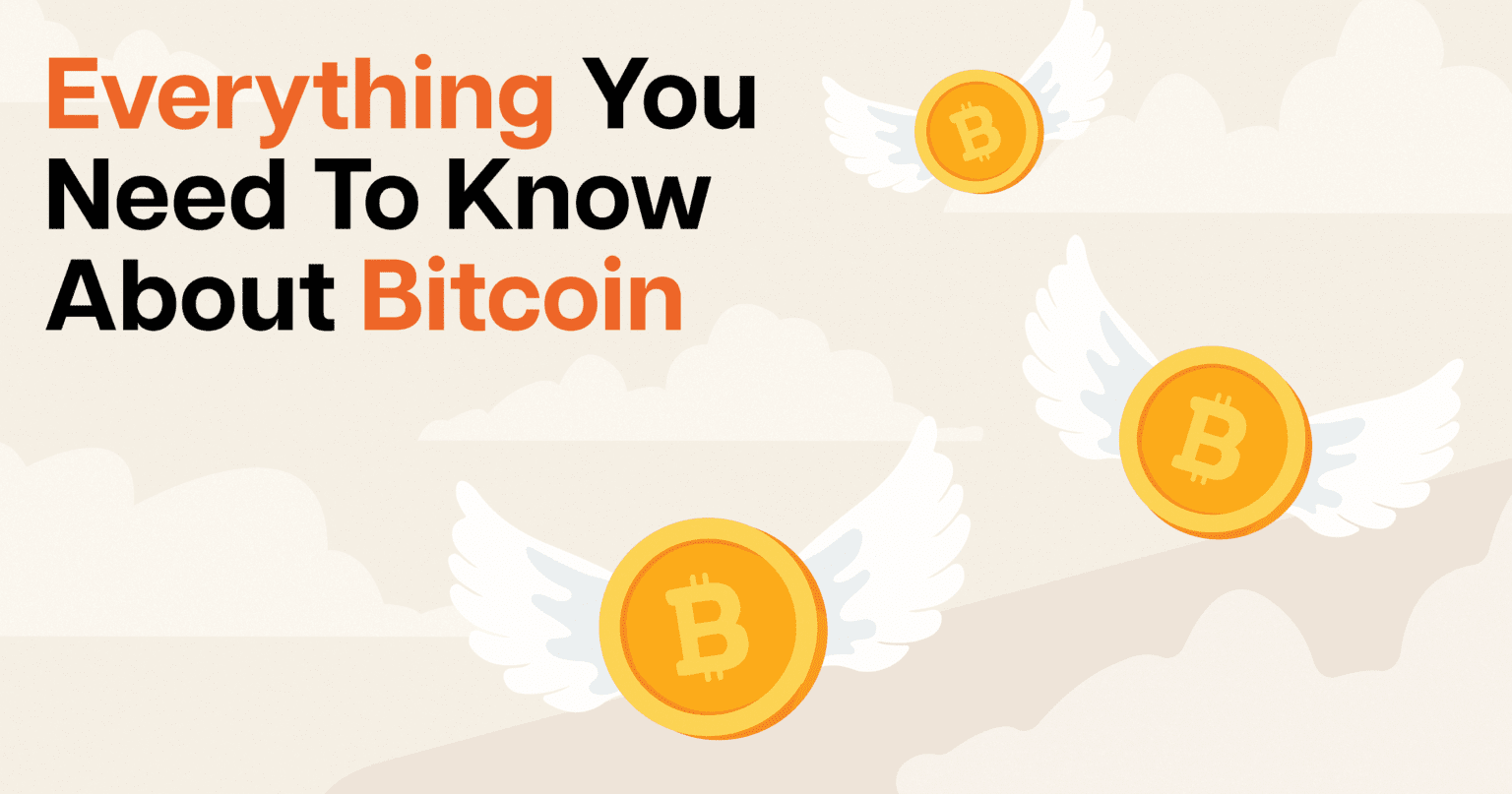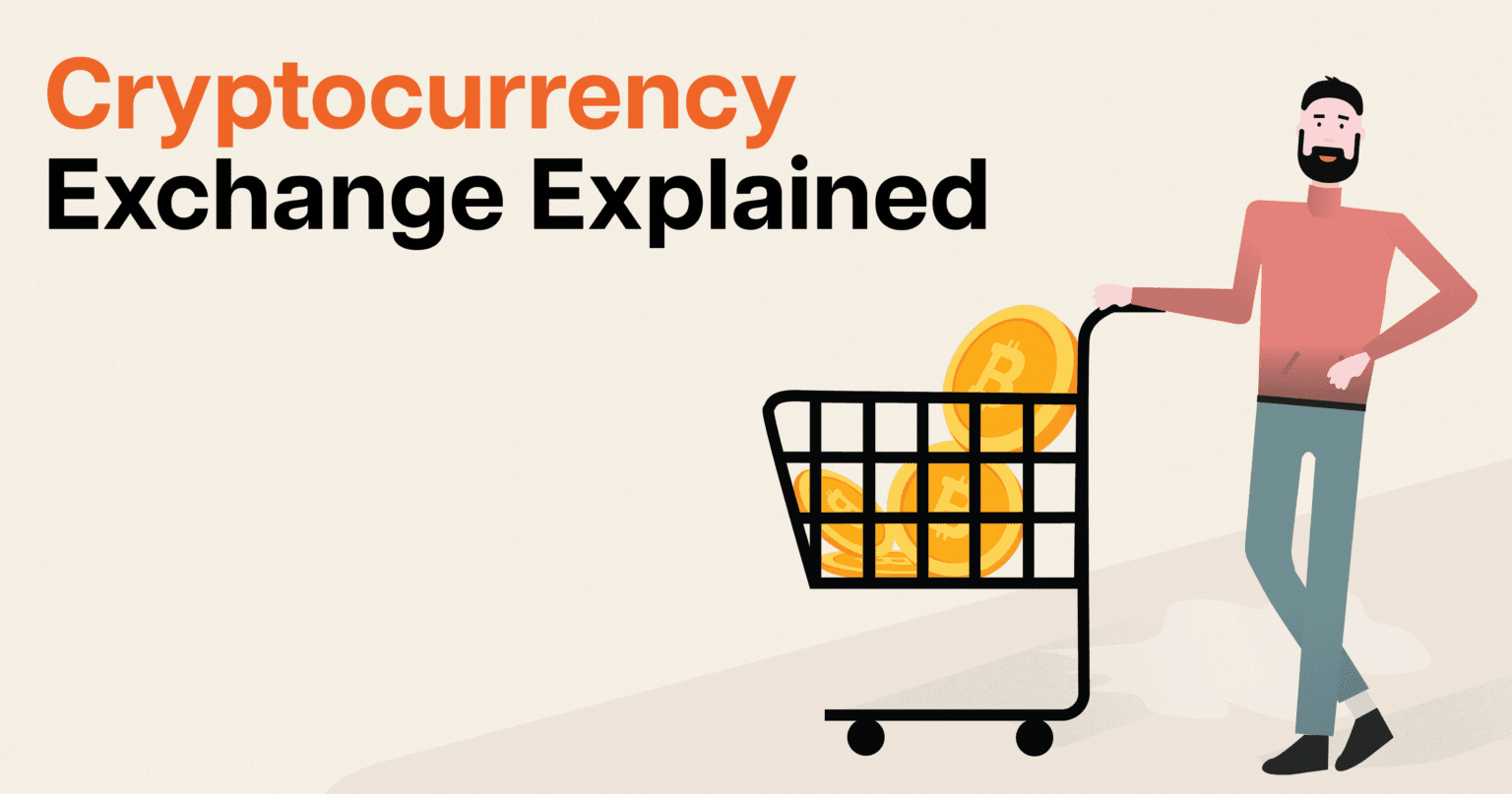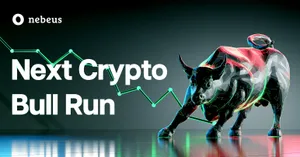In the world of cryptocurrencies, Bitcoin reigns supreme. If you’re considering investing in digital currencies, you may be wondering: what is Bitcoin? This guide will cover the definition of Bitcoin, how it works, its legal status, how it differs from traditional currencies and how to invest in this digital currency.
Definition: What is Bitcoin?
If you’re new to the cryptocurrency world, you may be wondering: what is Bitcoin? The simplest Bitcoin definition is that it’s a digital currency and an alternative to fiat currency.
Digging deeper into Bitcoin meaning, you’ll see that Bitcoin is also a way to securely buy, store and use money digitally. Bitcoin is mined and added to the public blockchain network.
Bitcoin was created with the goal of having a digital currency backed by a decentralized network. Once a Bitcoin transaction has been initiated, it cannot be reversed. Because there is a public ledger of transactions, there is a high level of transparency that cannot be found with other financial systems.
How Does Bitcoin Work?
So, what is BTC and how does it work? BTC is the ticker symbol for Bitcoin.
You can buy Bitcoins online through reputable marketplaces, or you can mine them. Mining is how Bitcoin is discovered, and there are only is a finite number of Bitcoins available (21 million to be exact).
Mining is an intensive operation that requires expensive hardware and the solving of highly complex mathematical problems. Mining is controversial because it’s such an energy-intensive process.
The mining process is a complex one, and it’s all a part of the blockchain system. The computer that’s solving the mathematical problems is a part of the “proof-of-work system.” Within this system, the computer tries to determine a number. The computer that finds the number then uses it to hash a block to the previous block within the blockchain. The network then validates this and rewards the system with Bitcoin.
To understand how Bitcoin works, you have to understand the blockchain network. Simply put, the blockchain network is a transparent ledger, also known as a distributed ledger technology (DLT). The block is the transaction, and the chain is the hash that links the blocks together.
Before a transaction can be added to a block, it must be validated by other computers, known as nodes. These computers, or nodes, are the same machines doing the mining.
Is Bitcoin Safe and Legal?
Bitcoin is safe and legal in most developed countries. The legal status of this cryptocurrency is still varied in emerging markets.
Laws that apply to assets typically apply to Bitcoin. For tax purposes, Bitcoin is treated as an asset, or property, and not a currency.
When you purchase or mine for Bitcoin, you receive two keys: one public and one private. Just as its name suggests, the public key can be seen by everyone on the network. Whenever you make a transaction, your public key will show up on the blockchain. The private key verifies the transaction and cannot be viewed by the public.
Bitcoin can be a safe investment, but it’s important to do your research and understand how to protect your investment.
How Does Bitcoin Differ from Traditional Currencies?
Understanding Bitcoin requires you to understand the difference between this digital currency and traditional currencies. Bitcoin differs from regular currency in many ways:
- Decentralized: The main factor that separates Bitcoin from traditional currencies is that it’s decentralized. This means that the currency does not belong to any one country. There are no institutions or authorities controlling Bitcoin. This cryptocurrency is run by an open source network and isn’t impacted by politics.
- Digital (Intangible): Unlike traditional currency, Bitcoin is digital and intangible. All transactions are handled digitally.
- Limited Supply: Traditional currencies have an unlimited supply, but Bitcoin is a finite currency. Only a small number of Bitcoins trickle out every hour until it reaches the maximum 21 million units.
- Pseudonymity: Bitcoin users can operate under semi-anonymity. Transactions can be completed without the user’s identity being revealed, although law enforcement can identify users when necessary.
- Irreversible: Unlike traditional electronic payments or cash, Bitcoin transactions cannot be reversed. Once a transaction has been recorded, it cannot be modified.
What Can I Do with My Bitcoins?
Once you have Bitcoins, you can use them just as you would any other form of currency. But there’s just one catch: not all retailers or merchants accept Bitcoin. With that said, the number of merchants accepting Bitcoin is growing every day.
In addition to currency, you can also treat Bitcoin as an investment. Bitcoin can be purchased as a way to profit from its price fluctuation.
How to Invest in Bitcoins?
Now that Bitcoin has gained mainstream acceptance, the digital currency has become an attractive option for investors. Bitcoin is open to everyone and gives investors an opportunity to invest in a new type of asset.
Bitcoins can be purchased through a credible, reliable marketplace, or you can mine for them yourself.
Storing Your Bitcoins: Hot Wallets vs. Cold Wallets
Like other digital currencies, Bitcoins are stored in a digital wallet. There are two types of digital wallets: hot and cold.
- Cold Wallet: An offline wallet. These are encrypted portable devices, much like a USB drive, that allows you to download and take your Bitcoins with you wherever you go.
- Hot Wallet: An online wallet. With a hot wallet, your Bitcoins are stored on the cloud and can be accessed via your desktop PC, browser or a smartphone app.
You will need both types of wallets. A hot wallet is required to download Bitcoins to a cold wallet.
However, many people prefer to keep their Bitcoins stored in a cold wallet to protect against hackers.
What is Bitcoin: Conclusion
Bitcoin is a cryptocurrency that’s decentralized and allows users to make transactions in a semi-anonymous way. Unlike other currencies, which have an unlimited supply, Bitcoin is finite, and mining is an intensive process. Because there is no authority or institution governing the currency, it’s an attractive option for anyone who wishes to avoid banks and the disadvantages that come with traditional currency.
As Bitcoin continues to become mainstream, the cryptocurrency will be accepted by more merchants as time goes on.
Sign up for a Nebeus account to buy, hold, and insure your bitcoin investment.










